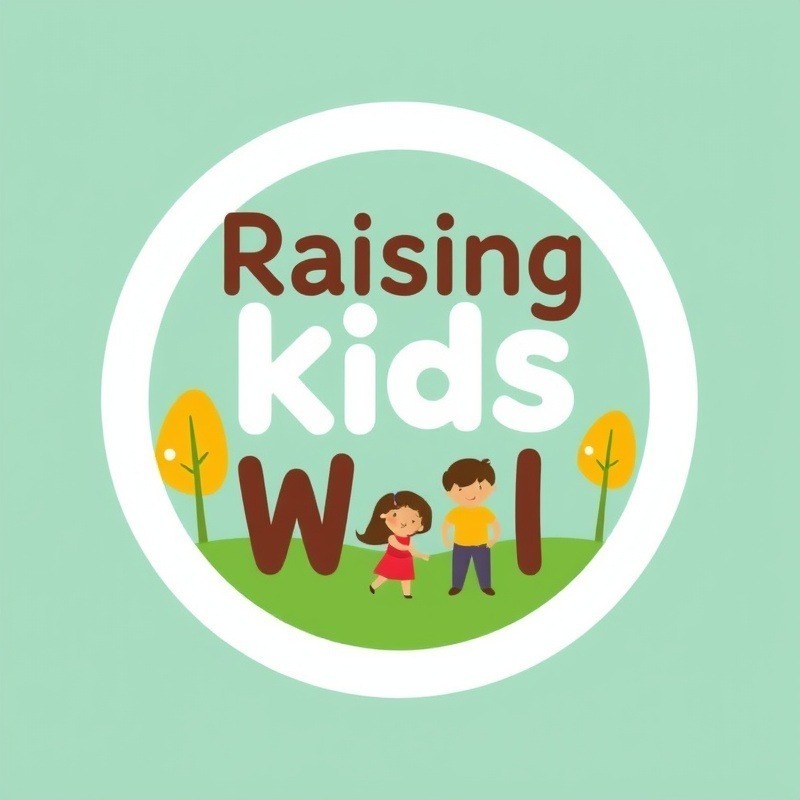
The Urgent Need for Attention to Youth Mental Health
As we navigate the challenges of modern life, mental health issues among youth demand pressing attention. Statistics reveal that 1 in 5 young people will face mental health challenges each year, often suffering in silence due to stigma or a lack of awareness about available help. A troubling 58% of them are afraid to seek assistance, feeling isolated and misunderstood. This is where schools can step in to become bastions of support, extending compassion and practical help when it’s critically needed.
Breaking the Silence: Why Conversations Matter
Engaging young people in meaningful discussions about their mental health is crucial. Adults—especially educators—often notice signs of distress, yet may hesitate to intervene due to uncertainty about how to approach the conversation. Addressing this hesitation is vital. Training programs such as Youth Mental Health First Aid (MHFA) equip educators with the tools to step in early, facilitating discussions that can help dismantle the barriers of stigma surrounding mental health.
Empowering Educators with Youth MHFA Training
Did you know that a staggering 85% of educators feel they lack the training needed to effectively support student mental health? Programs like Youth MHFA are designed to fill this gap, providing critical knowledge on early warning signs of mental health conditions including anxiety, depression, and substance use disorders. With the right training, teachers can cultivate the confidence needed to initiate conversations, enabling them to support students through difficult times.
The Ripple Effect of Supportive Environments
By establishing a network of trained individuals in schools, the impact of Youth MHFA can extend far beyond initial training. A few committed staff members can create a culture of understanding and empathy throughout the school. A ripple effect is created when each educator trained in MHFA is able to pass that knowledge onto their colleagues and, ultimately, their students. This sustainable mental health infrastructure not only empowers teachers and staff but holds the promise of transforming school environments into safe havens where students feel valued and understood.
Fostering Resilience and Growth in Students
What happens when students feel supported? They thrive. When young people know they have at least one adult to turn to during times of need, they are more likely to engage academically and socially, thus fostering resilience. Programs like Youth MHFA do more than just teach; they normalize the conversation around mental health, allowing students the freedom to seek help without fear or shame.
Creating Lasting Change: The Role of Parents
As parents, you can champion mental health awareness in schools. Encourage your child's school to adopt programs like Youth MHFA, fostering a system of support from the adult figures around them. Advocate for regular mental health training for teachers and staff, and engage with school leaders about prioritizing student wellness. Your voice is powerful in creating a more understanding and supportive environment for youth mental health.
Final Insights: A Call to Action
Ultimately, investing in youth mental health is an investment in the future. It creates generations of informed individuals who can openly discuss mental health issues. By promoting Youth MHFA in schools, we lay the groundwork for real change—one where young people can flourish. To make an impact right now, consider advocating for Youth MHFA training at your child's school. Together, we can ensure that every student has access to the support they deserve.
 Add Row
Add Row  Add
Add 


Write A Comment